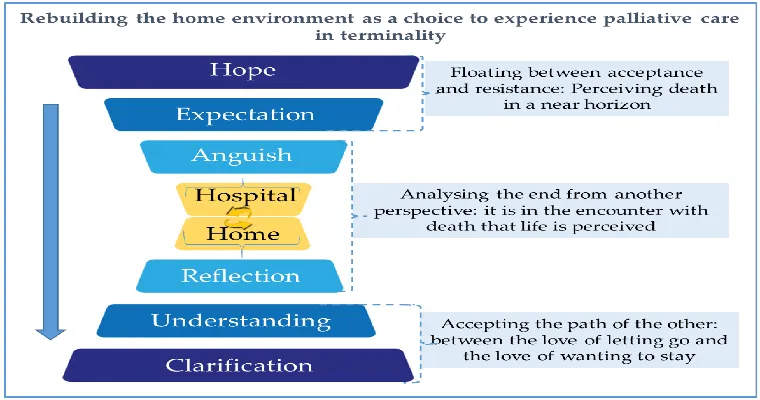Navigating the complex emotions associated with our "mothers" can often feel like a rollercoaster ride. The phrase "Love Mom! Resent Mom!" encapsulates the duality of feelings many of us experience in our relationships with our "moms". While we may cherish the love and support they provide, we can also struggle with resentment due to unmet expectations or unresolved conflicts. Understanding this intricate relationship is essential for fostering a healthier connection and emotional well-being.
The Dichotomy of Love and Resentment
From an early age, our "mothers" are our primary caregivers, shaping our lives and values. This deep bond often leads to an overwhelming sense of love and appreciation. However, as we grow older, the dynamics can shift. We may find ourselves feeling "resentful" due to a variety of reasons, such as differing life choices, generational gaps, or perceived favoritism among siblings. Acknowledging and understanding these feelings is the first step toward healing and growth.
The Impact of Communication
Clear and open "communication" is vital in any relationship, especially between mothers and children. When feelings of resentment arise, it’s crucial to express these emotions constructively. Instead of allowing anger to fester, having honest conversations can pave the way for understanding and reconciliation. This dialogue can help both parties clarify their perspectives and ultimately strengthen the bond of love that initially brought them together.
The Role of Forgiveness
Forgiveness is a powerful tool in the journey of love and resentment. Holding onto grudges can create emotional barriers between mothers and children. By practicing forgiveness, individuals can release negative feelings and embrace a more positive outlook. This does not mean forgetting past grievances but rather acknowledging them and choosing to move forward. In many cases, this can lead to a more profound and loving relationship, allowing both mothers and children to thrive.
Setting Boundaries
Another important aspect of managing feelings of resentment is establishing healthy "boundaries". While love often encourages closeness, it can also lead to feelings of suffocation or being overwhelmed. Setting clear boundaries allows both mothers and children to maintain their individuality while respecting each other’s space and needs. This balance can help mitigate feelings of resentment and foster a more harmonious relationship.
Seeking Professional Help
In cases where love and resentment collide to create significant emotional distress, seeking professional help may be beneficial. Therapy can provide a safe space for individuals to explore their feelings and gain insights into their relationship with their "mothers". A trained therapist can offer guidance on how to navigate these complex emotions and suggest strategies for improving communication and understanding.
Conclusion
The relationship between mothers and children is rich with love, but it can also be fraught with feelings of resentment. By fostering open communication, practicing forgiveness, setting boundaries, and seeking professional help when needed, individuals can transform their relationship with their "moms" into one that is both loving and fulfilling. Embracing the duality of these emotions is essential in creating a healthy familial bond that can withstand the test of time. Remember, it’s okay to love mom and, at times, resent mom; what matters is how we navigate these feelings to foster a stronger connection.





